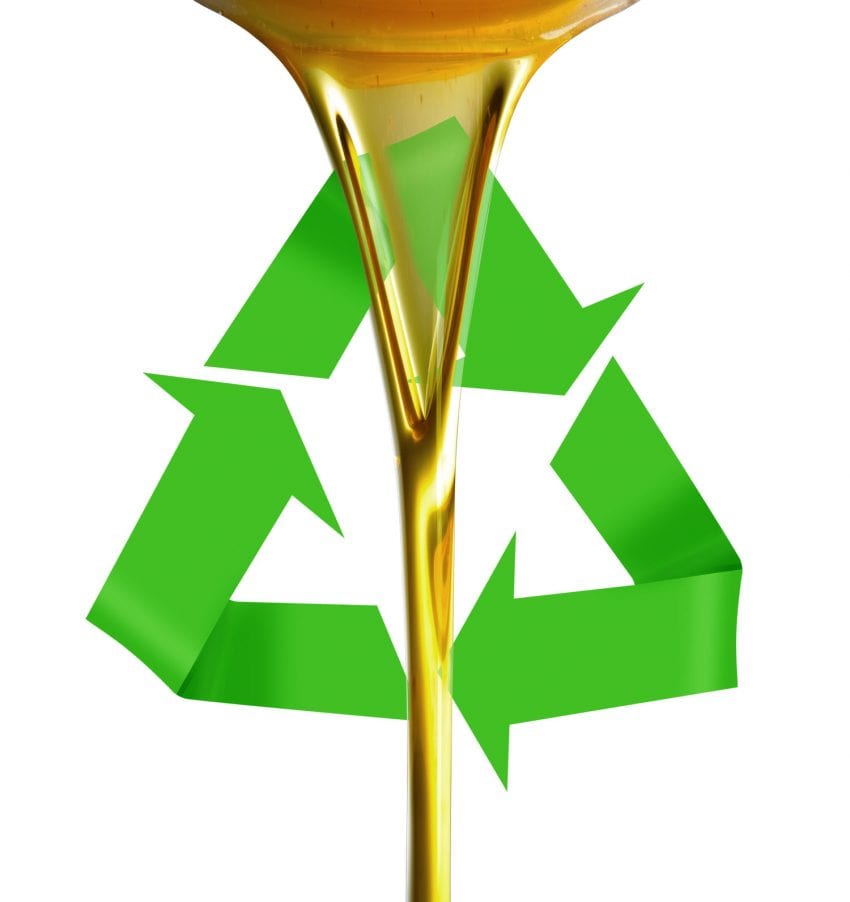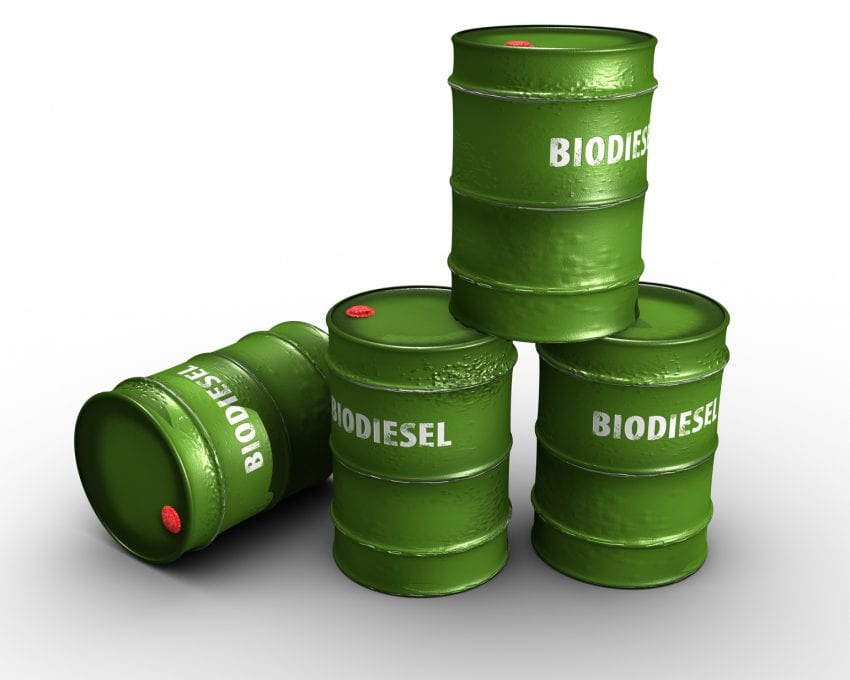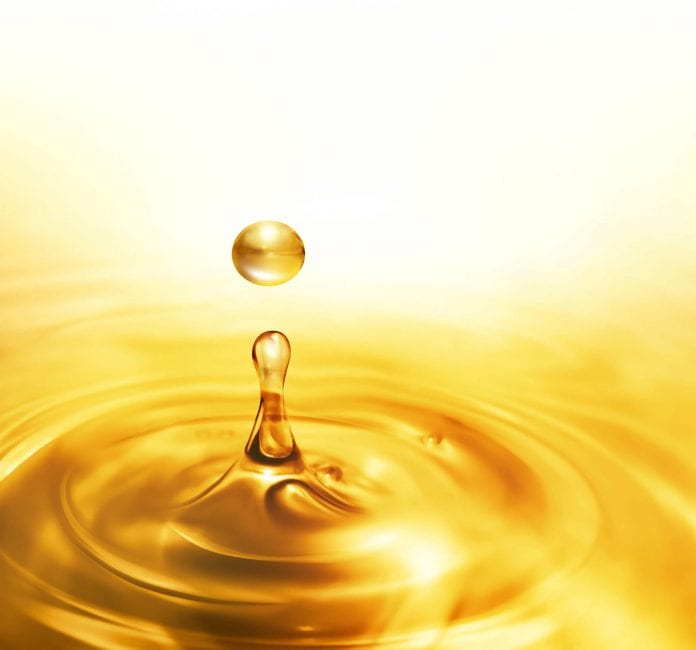Used oil is what is contaminated with other substances and is therefore not so safe to use. It can be dangerous. Potential toxicity is due to the introduction of many environmental regulations that regulate and also require the safe disposal of these oils to reduce damage to the natural environment, living organisms, and humans. Recycling of petroleum products has become a huge business with the industry that wants cooking and recycling burned oils.
Uses of recycled oil
Waste oils can be cleaned and then used in other industries. Once the contaminants are removed, the cleaned variety can be used in power plants to produce electricity for businesses, schools and even homes. Booster and industrial boilers can also use it or can be mixed for ship fuels. Lubricants also come from recycled refined petroleum. Other areas where used burned oil recycling can prove to be beneficial are in industrial burners, molding companies for product release, for asphalt-based products, hydraulic oil, as a product additive and even as a transforming oil.

To begin the recycling process, you can deliver your used burned-out waste recycling to a local collection unit that can be pre-treated and recycled or even sold as used oil recycling. There are so many used oil recycling centers today and you can be sure that you have played a part in maintaining the environment and saving energy at the same time when your discarded oil is properly disposed of.
The Importance of Recycling
Not many people think about the inappropriate disposal of used oil and they will pour it without a care in the world. However, this inappropriate mood leads to oil entering courtyards, landfills, storm sewers, and even sewers. It means that soil, drinking water, and groundwater can be contaminated and drainage systems can also be damaged.
When you recycle waste oils, keep them away from lakes, streams and rivers, as well as the groundwater springs you get from drinking water. Recycling oils generally save the environment, saves energy and protects you from dangerous contamination. You can easily get engine oil from your boat, motorcycle, mower, car or truck recycled. It is in itself a demonstration of commitment to protecting the environment, for the sake of future generation but also for the conservation of energy resources.
Handling used oil before collection

Since it is important to transport your used oil to a collection and recycling facility for it, you need to make sure you handle the oil properly before it is collected. If you have diesel engine oil, keep it in a container that has a secure and watertight lid to ensure that there are no leaks. Milk jugs with secure lids can have very efficient storage units for oil. Moreover, make sure that you do not mix used oils with any other substance, be it liquid or antifreeze. The containers should be stored away from sources of ignition and children.
With more than 2.5 billion gallons of used cooking oil produced in the US per year, proper oil disposal is an important waste management issue. Due to the environmental impacts of fat disposal, a conscious effort must always be made to recycle, not to dispose of waste oils. The disposal of fat in landfills can lead to long-term environmental damage. Also, used oil is often disposed of inadequately under the kitchen drains, which can lead to clogged hydraulic systems, drainage obstructions and groundwater pollution.
One liter of cooking water can contaminate up to one million liters of groundwater
Animals exposed to large quantities of cooking oil are at risk of asphyxia, choking and fur and feathering.









